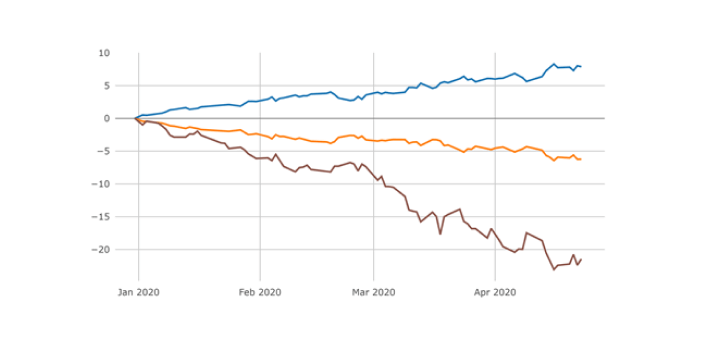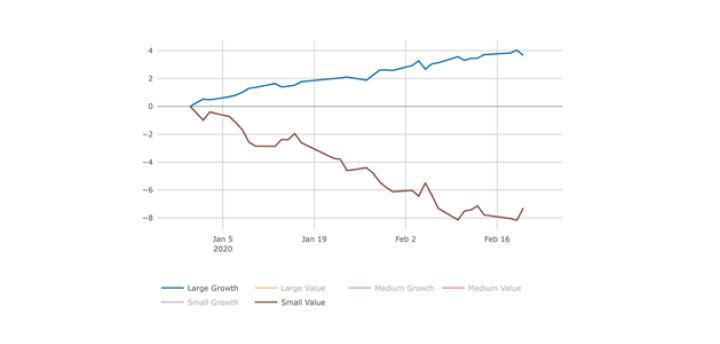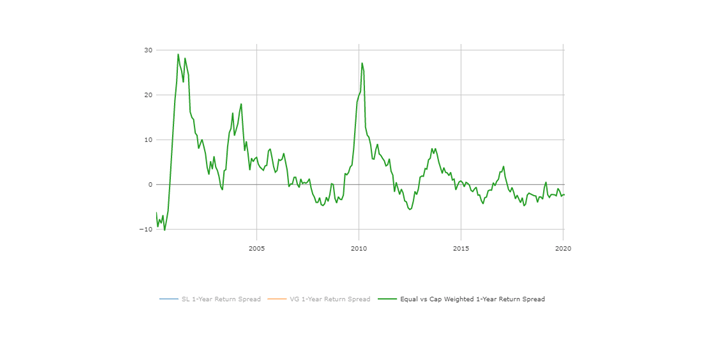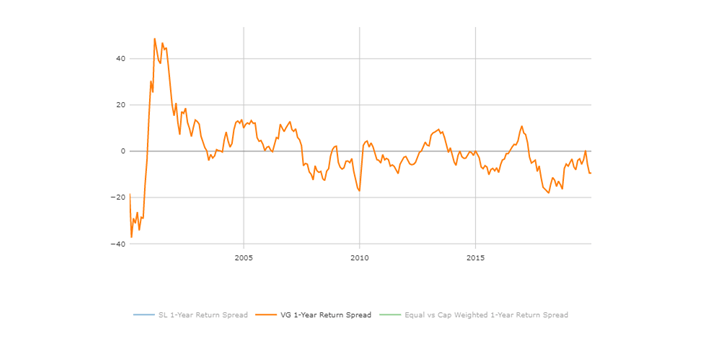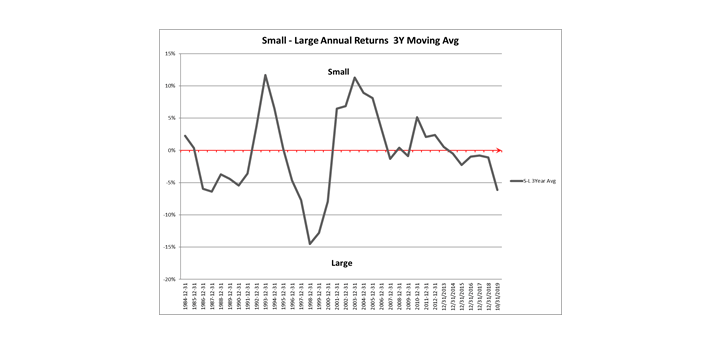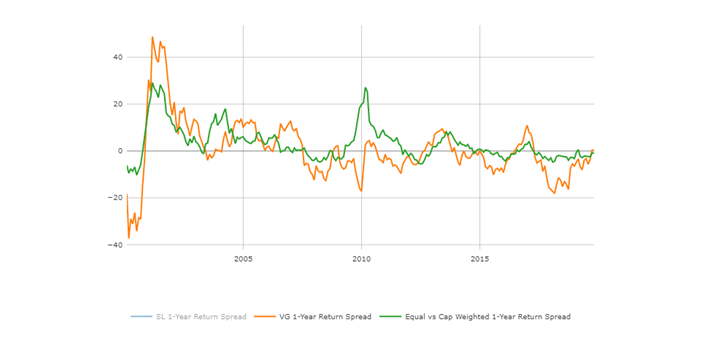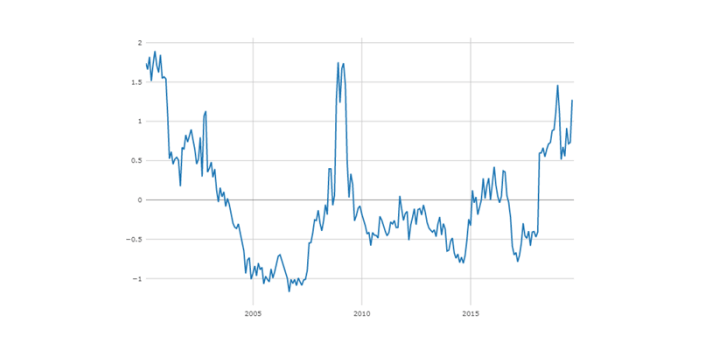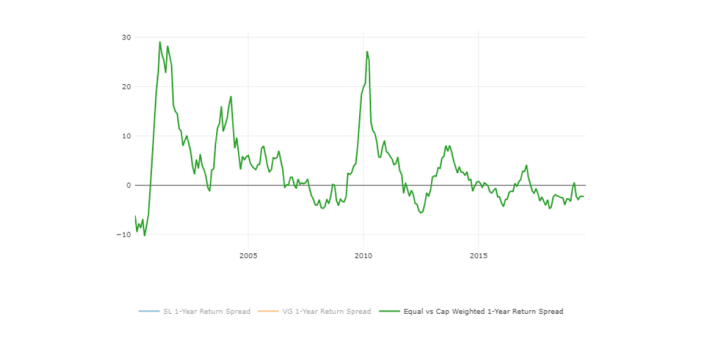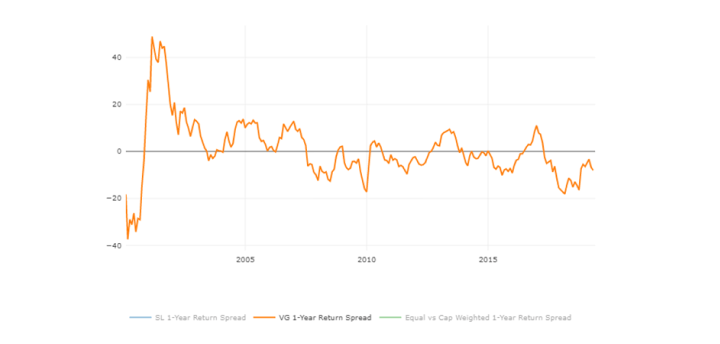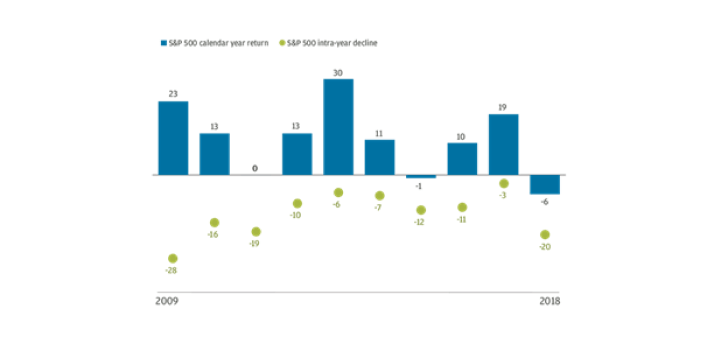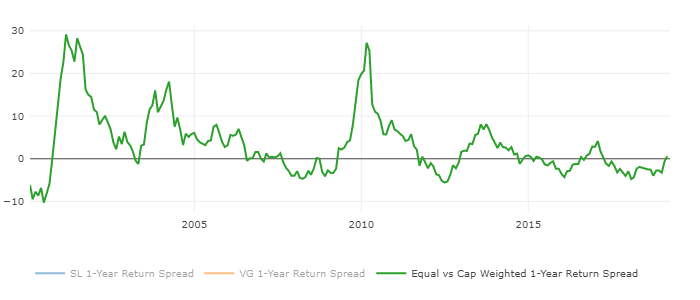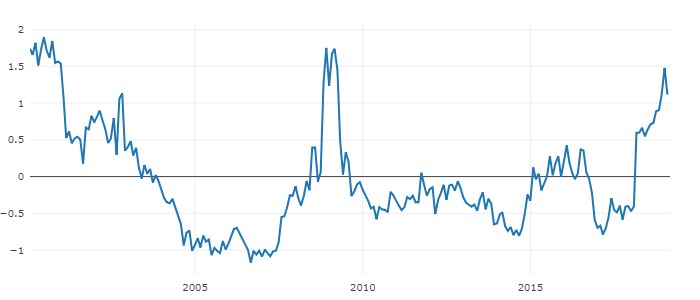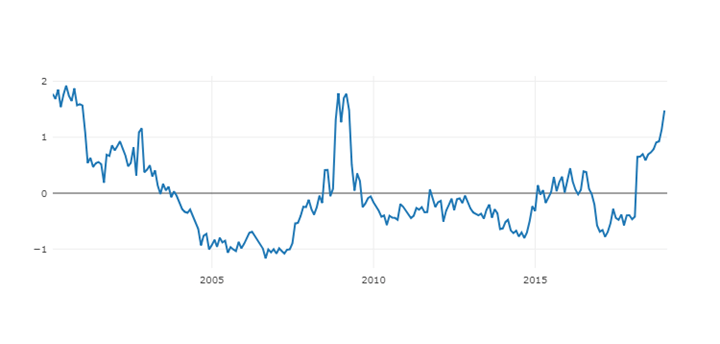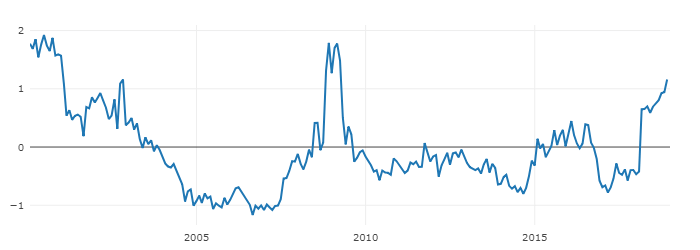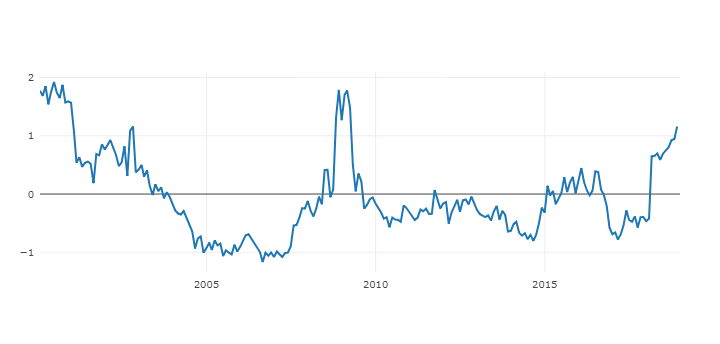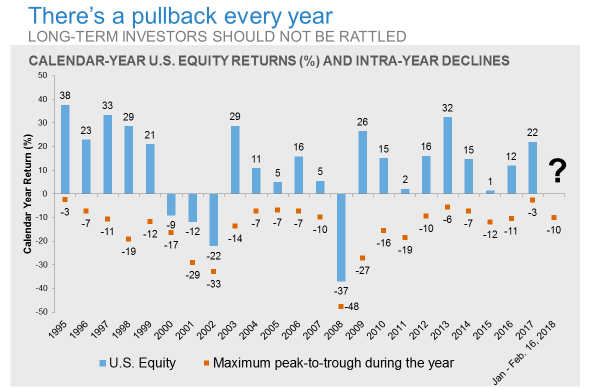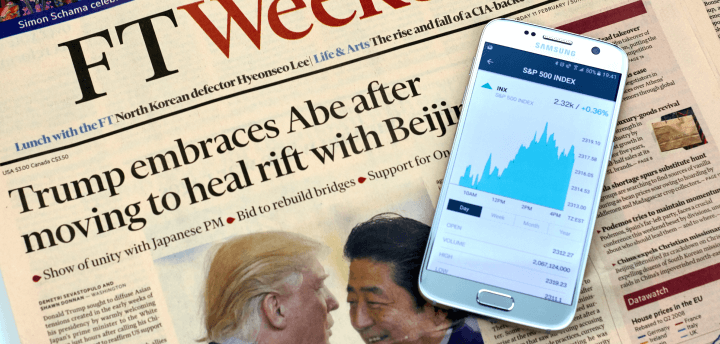US Economics and the Coronavirus
Right now, it makes no sense to recite the recent economic readings which reflect pre-virus economic picture in the US and globally. With the world locked down, we are yet to see the full effect on the unemployment, consumption, inflation and other major indicators of the economic health. The economic recovery will be dependent on how quickly the US economy re-opens and how quickly the spread of the virus flattens. As usual, when faced with the unknown, the market took for granted the preliminary models of virus spreading scenarios – which are far from exact science. How many hurricanes (modeled by very smart scientists) actually hit land versus dying in the ocean? We evacuate because of pre-caution (the right thing to do) but we do come back once the danger is over. The market infers a very gruesome picture from those models and quarantines, assuming that we will not go to restaurants, travel, produce and consume well beyond entertainment and leisure. With the actions from the Fed, and the $2 trillion stimulus coming from the government the outcome of this pandemic will probably be different from the Armageddon scenario.
Global Economics
According to JP Morgan’s forecast global GDP will decline 1.1% in 2020 on a year-over-year basis, only the second contraction since World War II and the eighth global recession in the past century. With an unprecedented sudden stop in activity across a wide range of sectors taking hold, investors should brace for a disturbing set of upcoming economic releases. As distressing news rolls in, it will be natural to extrapolate that the global recession will extend well into 2020. However, the depth of the March-April dive will not be the best guide to where the global economy stands at the end of this year. If activity begins to normalize before midyear, the current downturn will generate a springboard for a strong snapback in growth. The necessary condition is that social distancing policies are no longer necessary and are significantly relaxed by midyear. This will require the outbreak to fade, and a shift in policies away from containment and toward boosting growth.
Rebalancing and addressing the volatile market
At Signet we believe in disciplined investing and portfolio management. We act outside of our normal schedule when the market presents opportunities. We rebalance clients with bond/equity portfolios to bring them back to their long-term allocations and naturally buying low and selling high. Additional equity exposure in our core portfolios is achieved with a low volatility bias. In our actively managed equity portfolios, which we rebalanced outside of our normal quarterly schedule, we see opportunities that fit our Macro, Style and Sector vision with relatively attractive valuations.
Stock Market Opportunities
With valuation spreads shooting through the roof and small cap falling off the cliff (see charts below), we see an opportunity to gain exposure to the small cap area. In our Small Cap Portfolio, we emphasize as usual our Multi Factor investment philosophy, where we account for Valuation, Growth, Profitability, Safety and Momentum. Understanding that each clients’ circumstances and risk-return profile might change in the current environment, we work with clients on a one-on-one basis to see if there is interest in exploiting this mispricing and adding actively managed small cap exposure to their accounts.
According to Empirical Research Partners, valuation spreads reached their third highest reading in almost a century on March 18th. Only in the Great Depression and the Financial Crisis did the dispersion in valuations reach comparable levels. In the last few days valuation spreads have come down a bit, assuaged by a gigantic fiscal stimulus package and hints of a diminution in the flow of new Coronavirus cases in Italy. Later in March the existing leadership group (Large Cap Growth IT) and fundamentally stable highly priced equities started lagging. Part of what’s gone on is that stocks of that ilk now trade at an 80% P/E premium to the market, the widest spread since the New Economy era. Meanwhile, the value stocks trade at one of the lowest trailing multiples seen in the last 70 years, with the more extreme readings coming in 2008. That’s a potent setup and from such a stretched starting point less bad is often good enough. Whether we see a more prolonged stretch of Value leadership depends on the rate growth in new Coronavirus cases in the U.S., Italy and around the globe.
Valuation Spreads (Source – Signet FM):
Large Growth vs. Small Value 2020 YTD (as of 02/24/2020) (Source – Signet FM):
The information and opinions included in this document are for background purposes only, are not intended to be full or complete, and should not be viewed as an indication of future results. The information sources used in this letter are: WSJ.com, Jeremy Siegel, PhD (Jeremysiegel.com), Goldman Sachs, JP Morgan, Empirical Research Partners, Value Line, Ned Davis Research, Citi research and Nuveen.
|
IMPORTANT DISCLOSURE: Past performance may not be indicative of future results. Different types of investments and investment strategies involve varying degrees of risk, and there can be no assurance that their future performance will be profitable, equal any corresponding indicated historical performance level(s), be suitable for your portfolio or individual situation, or prove successful. The statements made in this newsletter are, to the best of our ability and knowledge, accurate as of the date they were originally made. But due to various factors, including changing market conditions and/or applicable laws, the content may in the future no longer be reflective of current opinions or positions. Any forward-looking statements, information and opinions including descriptions of anticipated market changes and expectations of future activity contained in this newsletter are based upon reasonable estimates and assumptions. However, they are inherently uncertain and actual events or results may differ materially from those reflected in the newsletter. Nothing in this newsletter serves as the receipt of, or as a substitute for, personalized investment advice. Please remember to contact Signet Financial Management, LLC, if there are any changes in your personal or financial situation or investment objectives for the purpose of reviewing our previous recommendations and/or services. No portion of the newsletter content should be construed as legal, tax, or accounting advice. A copy of Signet Financial Management, LLC’s current written disclosure statements discussing our advisory services, fees, investment advisory personnel and operations are available upon request. |

















































